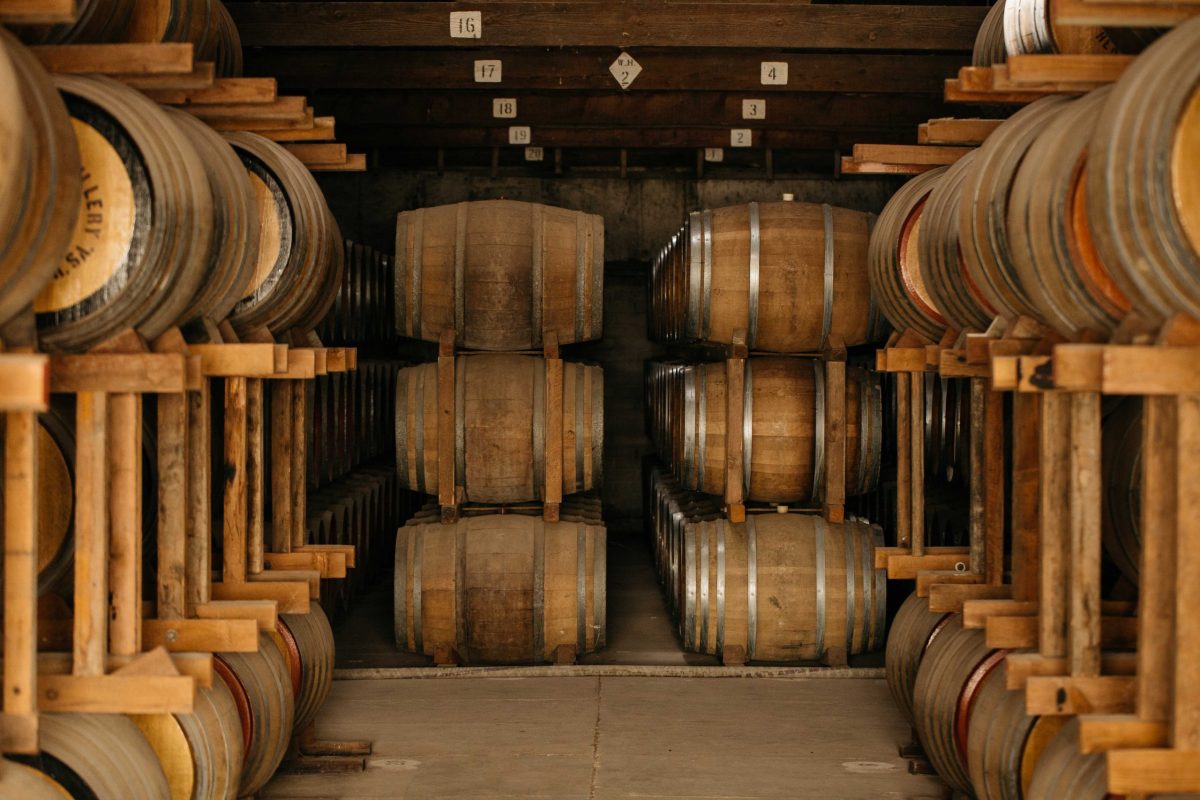By Andy Young, and Stefanie Collins
With the explosion of craft distilleries in Australia, there has been an influx into the market of small-batch, craft spirits like gin, vodka, rum and whisky.
And while most of them are amazing quality and the bar industry should be supporting them 100 per cent, there are some issues around the legalities of naming – especially when it comes to rum.
As such, the Australian Distillers Association (ADA) has produced an ADA Guidance Summary, which is designed to assist members with the legal definitions of Australian brandy, rum and whisky.
Good news is, you can get your hands on it too and educate yourself – and your customers – around what is what on your back bar.
With so many new distilleries opening across the country it can be difficult for distillers themselves to keep up with the legal definitions and ensure they are producing products that can be legally called what they are claiming. It goes without saying that it can also be difficult for venue managers to be sure that what they are buying is legitimate.
But, as the ADA’s Deputy President, Cameron Syme, told us the association’s Guidance Summary is the first stage in developing industry standards and ensuring quality to help with the industry in the long term.
“The ADA is currently developing product standards that all members will be required to comply with. The ‘Guidance Summary’ is the first stage of this process. Buying spirits distilled by a member of the ADA will be a guarantee of quality,” Syme said.
The Guidance Summary highlights the current law that stipulates in Australia whisky, brandy and rum must be stored in wood for no less than two years. It is also law that place of product claims and advertising claims must not be leading or deceptive.
Syme added: “The law in Australia is clear. If it is distilled from sugar cane and tastes like ‘rum’ then it is ‘rum’, and therefore it must be aged in wood for two years.
“Whisky and Brandy also have two-year minimum aging requirements. If it’s not aged for two years, then it’s illegal to sell it, regardless of what you call it.”
The Guidance Summary also details how the Excise Act 1901, Customs Act 1901, Australia New Zealand Food Standards Code, Food Legislation and Australian Consumer Law impact on Australian distillers. The Guidance Summary is designed as a tool to assist Australian Distillers and is now available via the ADA website.

